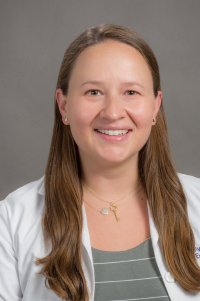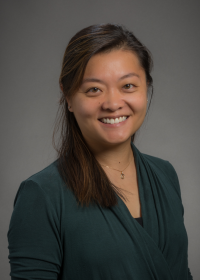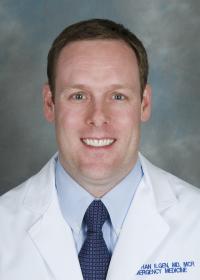
Dr. Sveum leads study to improve women's sexual and reproductive health in Uganda's refugee settlements

The HIV/AIDS epidemic continues to pose significant challenges in Africa. According to the World Health Organization (WHO), 25.6 million people in the region are currently living with HIV, with 10% unaware of their positive status. In Uganda, which hosts 1.5 million refugees, 21.6% are women of reproductive age.
With the support of a grant from the University of Washington/Fred Hutch Center for AIDS Research, Principal Investigator Dr. Ellie Sveum aims to evaluate the acceptability of introducing a comprehensive STI screening bundle—including tests for HIV, syphilis, gonorrhea, chlamydia, and trichomoniasis—for women of reproductive age in these settlements.
Having HIV alongside other sexually transmitted infections (STIs) can raise the risk of spreading HIV. According to Sveum, STIs, including HIV, can lead to serious maternal health issues like infertility, pregnancy complications, and even health problems or loss of life for their children.
“Through my work with Dr. Kelli O'Laughlin, I have become passionate about refugee health and the importance of highlighting both the strengths and challenges within this population through research,” said Sveum. “After reviewing the national policies around reproductive health and STIs, I felt that this was a space where increased knowledge could make a significant impact to improve health outcomes for women and children.”
Sveum and the research team will conduct surveys and semi-structured interviews with women of reproductive age who visit health centers. This study will take place over one year.
According to Sveum, this study aims to provide insights into the best methods for implementing an STI screening intervention within the health system. Following data collection, the team’s goal is to pilot an STI screening bundle in this setting, thereby gaining a better understanding of STI prevalence among this vulnerable population and demonstrating an effective way to reach these women.
“It is an honor to have others believe in and support this work,” said Sveum. “After traveling to Uganda in October 2024 and hearing anecdotes from health workers about challenges such as communicating the significance of neonatal syphilis to new mothers or the inability to obtain necessary medications for STI treatment, the chance to produce clear data on a topic with many unknowns can bring much-needed attention to the issue.”
Sveum, a Population Health Fellow in the Department of Emergency Medicine, will collaborate with Dr. Kelli O’Laughlin and Dr. Timothy Muwonge of the Infectious Diseases Institute on this grant.








